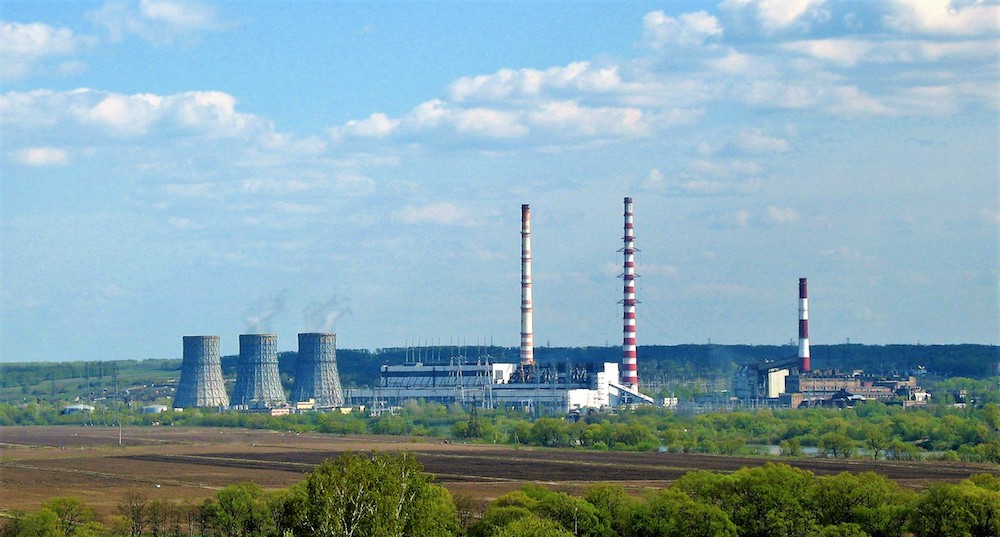Back in 2011, not long after Barack Obama had been sworn in as president of the United States, a Pentagon spokesperson warned that henceforth and forevermore, the United States intended to treat cyber-attacks by other nations as acts of war.
“A response to a cyber-incident or attack on the U.S. would not necessarily be a cyber-response,” Col. Dave Lapan told reporters in Washington, D.C.
“All appropriate options would be on the table,” he said, making it clear that appropriate was a term defined broadly enough to include military attacks.
“Cyber-attacks from foreign nations that threaten widespread U.S. civilian casualties, like cutting off power supplies or shutting down emergency-responder networks, could be treated as an act of aggression under the new policy,” the BBC explained. (Emphasis added.)
A few days earlier, when the Obama White House had announced the policy, the Wall Street Journal quoted a belligerent American military official as saying, “If you shut down our power grid, maybe we will put a missile down one of your smokestacks.”
It hardly matters that a few reports of those nine-year-old comments still linger on the Internet, the great republic to our south is, as the American novelist and wit Gore Vidal famously observed, the United States of Amnesia.
Nevertheless, since other major powers may very well have a similar attitude to such activities, it was troubling in the extreme to read in the New York Times yesterday a headline that said, “U.S. Escalates Online Attacks on Russia’s Power Grid.”
“The United States is stepping up digital incursions into Russia’s electric power grid in a warning to President Vladimir V. Putin and a demonstration of how the Trump Administration is using new authorities to deploy cybertools more aggressively,” the Times reported, quoting U.S. officials.
Just pause there for a moment, and ask yourself the obvious question: Have they completely lost their minds?
The answer in the case of President Donald J. Trump is probably yes.
Indeed, there is hope, faint though it may be, in the reality the current president of the United States, unlike the one who was in office when this started, is a diagnosable pathological liar.
The United States of the late 20th and early 21st centuries has a particularly bad record of untruthfulness about geopolitical matters — as the weapons-of-mass-destruction fiasco leading up to the tragic and destructive invasion of Iraq, which among other things left the world facing the depredations of ISIS, clearly illustrates.
This accounts for why the United States is having such a hard time today persuading its erstwhile European allies they should share President Trump’s interpretation of whatever the hell is causing oil tankers to blow up in the Persian Gulf.
Clearly, in a democracy, even a merely nominal one like the United States, the public needs to hear the truth to guide their leaders on matters of state.
Still, all great powers deceive — and there is a time for deception, or at least for a sensible degree of plausible deniability.
As Winston Churchill, Britain’s Second World War prime minister, so famously observed: “In wartime, truth is so precious that she should always be attended by a bodyguard of lies.”
This, I would suggest is one of those times. It’s right and proper for any nation, great or small, to plan for cyber attacks on their strategic infrastructure by foreign powers, not to mention non-state actors.
And it is reasonable, in the harsh world we inhabit, to recognize that sometimes a military response to such attacks, which when directed against power plants and civilian infrastructure are rightly described as acts of war, will be justified and necessary.
It may even be reasonable to discreetly send a message, by way of some deniable cyber-mischief, that we know what you are doing and we can do the same. Yes, sometimes realpolitik is advisable, even necessary.
But to call cyber attacks acts of war on one day, then blithely blabber that you are committing them against another great power on another — perhaps because you are suffering from institutional amnesia, or, in the case of President Trump, the real thing — is another matter entirely.
Having boasted of cyber attacks on Russia — in the midst of a New Cold War of their own devising, no less — what happens if the United States is caught red-handed fooling with Russian power plants?
President Putin may feel he has little choice but to put a missile down one of their smokestacks, to borrow a phrase. Indeed, the Russian public may demand it. Putin answers to an electorate, just like President Trump, as it happens. One hopes, if this occurs, it is only a cyber-missile he sends!
Or, if President Putin wanted to make the same point with a little less risk, I suppose, he could put it down one of the Americans’ smaller friends’ smokestacks.
As any student of history understands, though, this is how wars begin.
It’s a sign of the times that our best hope is probably that yesterday’s Times story was just another American lie.
David Climenhaga, author of the Alberta Diary blog, is a journalist, author, journalism teacher, poet and trade union communicator who has worked in senior writing and editing positions with The Globe and Mail and the Calgary Herald. This post also appears on David Climenhaga’s blog, AlbertaPolitics.ca.
Image: Wikimedia Commons



